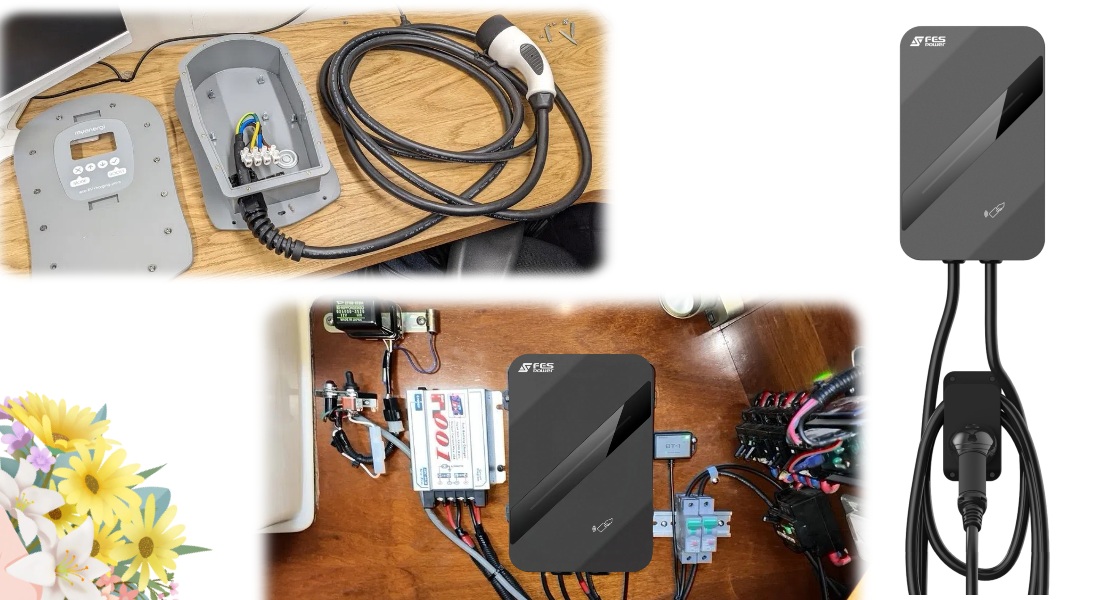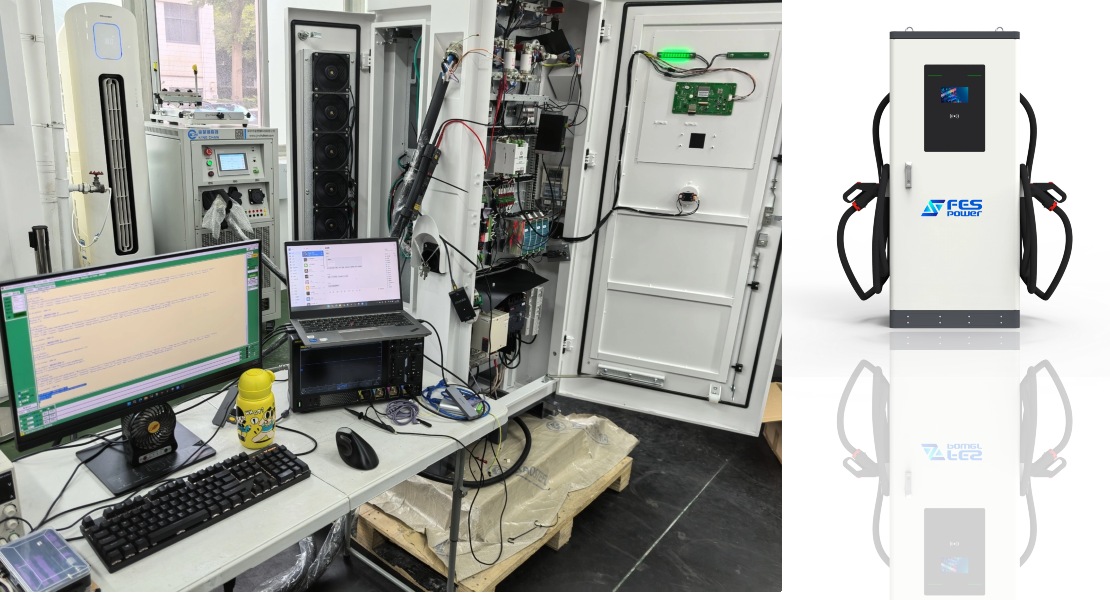- Call Us : +86-15060765919
- Mail Us : bella@fespower.cn
In the field of EV chargers, interface standards have always been a focus of the industry. Currently, European standard Type 2 plugs and American standard SAE J1772 plugs are widely used, but some car companies like Tesla also have their own interface standards. Whether the industry will reach a more unified interface specification in the future to improve user convenience has become a key concern for all parties.
With the development of technology, the application of intelligent control in EV chargers has become increasingly common. Similar to Easee's charger controllers, they can adjust current and voltage in real-time according to battery status. The industry is discussing whether intelligent control will become a standard feature of all future chargers, bringing users more efficient and safe charging experiences.
7kW home chargers are suitable for daily slow charging at home due to their ability to connect to 220V single-phase electricity. In contrast, 60kW DC fast chargers, although requiring 380V three-phase electricity, can significantly shorten charging time. Nowadays, how to reasonably layout high and low-power chargers according to different scenarios to meet diverse user needs is the key to industry layout.

Technologies such as Wi-Fi, Bluetooth, and Power Line Communication (PLC) have been integrated into charger communication modules. For example, Ebyte's EC01-DNC 4G cat4 module realizes bidirectional transparent data transmission from serial ports to network servers, ensuring stable data transmission and providing strong support for efficient communication between chargers and external devices. The industry wonders whether further development of communication technology can enable more precise remote control and management of chargers, or even spawn new charging modes.
In terms of safety protection, functions like overcurrent, overvoltage, overtemperature, and short-circuit protection have become standard in chargers. However, facing complex usage environments, whether safety protection needs further upgrading to eliminate potential risks is a question. Meanwhile, in the billing system, although electricity metering and billing modules can accurately calculate fees, how to integrate with more payment platforms to improve payment convenience is another direction the industry needs to explore.
In charging facility scenarios such as large parking lots and charging stations, smooth communication is crucial for operational efficiency. The D30 digital intercom can play an important role. Its one-call-multiple-response function allows managers to communicate quickly, coordinate vehicle guidance, equipment maintenance, etc., greatly improving overall operational efficiency. Moreover, its multi-level automatic power-saving mode ensures long-term use, meeting managers' real-time communication needs in complex environments and boosting efficient operation of charging scenarios.

We are professional EV charger manufacturers. If you have needs, please click https://www.fescharging.com/ to contact us.